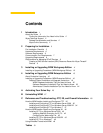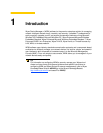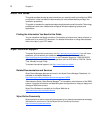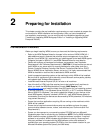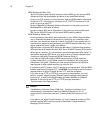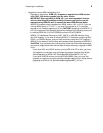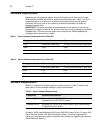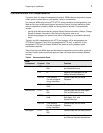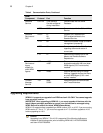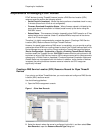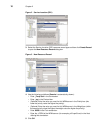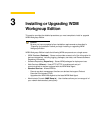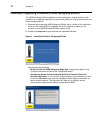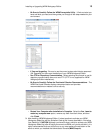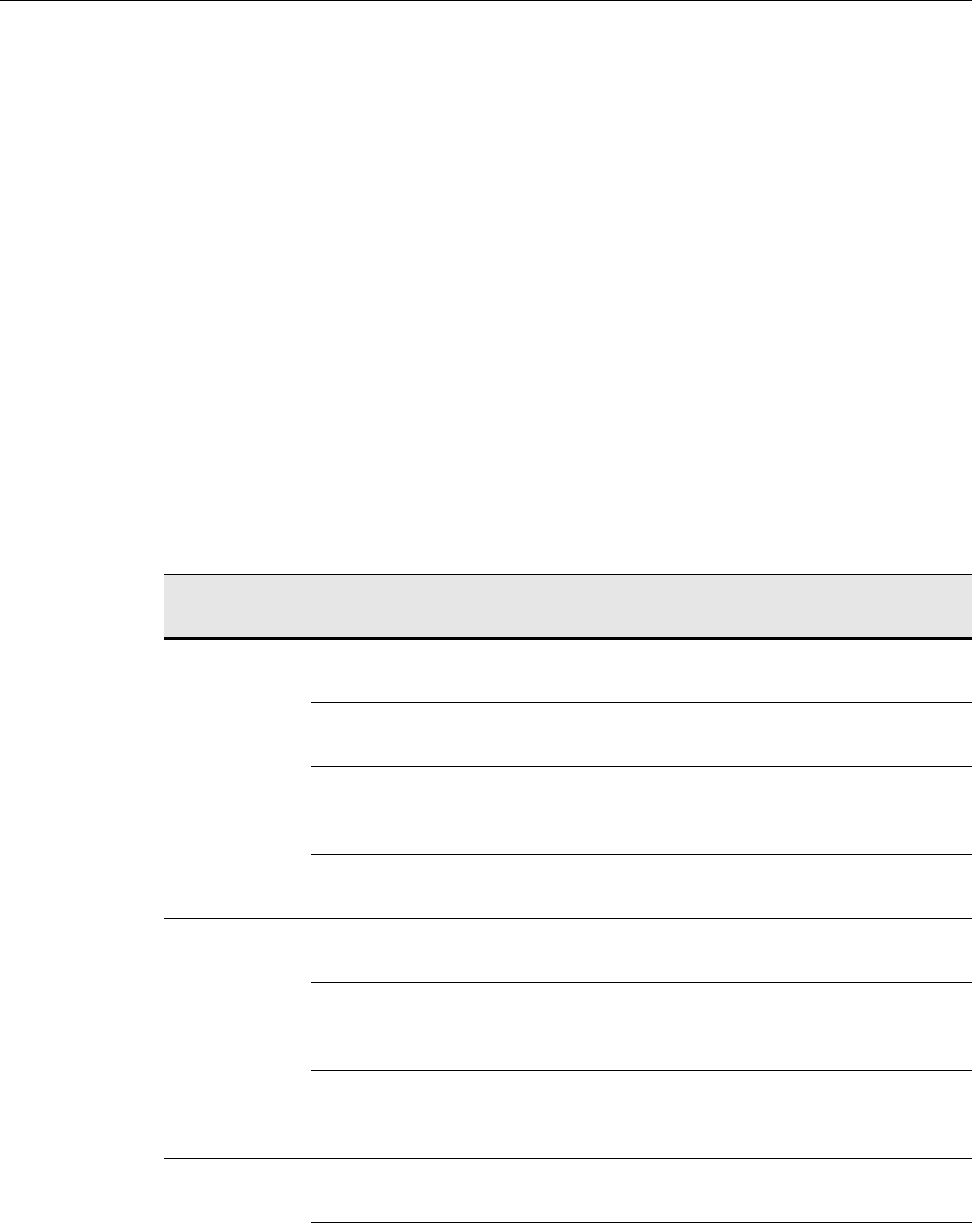
Preparing for Installation 7
Communication Port Requirements
To perform their full range of management functions, WDM software components require
certain ports to remain open on your servers, routers, and switches.
For example, WDM relies on the HTTP/HTTPS communications port designated by your
Web service (such as Microsoft Internet Information Service) for push operations (push
refers to operations initiated by WDM and sent/pushed to devices). Push operations
include:
• Issuing quick device commands (such as Refresh Device Information, Reboot, Change
Device or Network Information, Get Device Configuration, and so on)
• Distributing packages at a specific time (either immediately or at a specific date and
time)
Typically, port 80 is designated as the HTTP port and port 443 is designated as the
HTTPS port. However, if port 80 (or the designated HTTP port), or port 443 (or the
designated HTTPS port) is closed, WDM will be unable to push updates or quick
commands to devices.
Table 4 lists the ports WDM uses and describes the respective communication protocols
and their function (ensure that these ports are open for proper communication between
servers).
Table 4 Communication Ports
WDM
Component
Protocol Port Function
GUI HTTP 80
280
Communicate with the Web Service
and Standard Service.
FTP 21 Register new packages into the
Master Software Repository.
OLE DB 1433 (default)
Can be configured
during installation
Communicate with the WDM
Database.
VNC 5800
5900
Remote shadows devices.
Web Service HTTP 80
280
Communicate with the Web Agent,
GUI, and Standard Service.
HTTPS 443
8443
Secure Communication with the
Web Agent, GUI, and
Standard Service
OLE DB 1433 (default)
Can be configured
during installation
Communicate with the WDM
Database.
Web Agent HTTP 80
280
Communicate with the Web Service.
FTP 21 Read and write files to the Master
and Remote Software Repositories.



